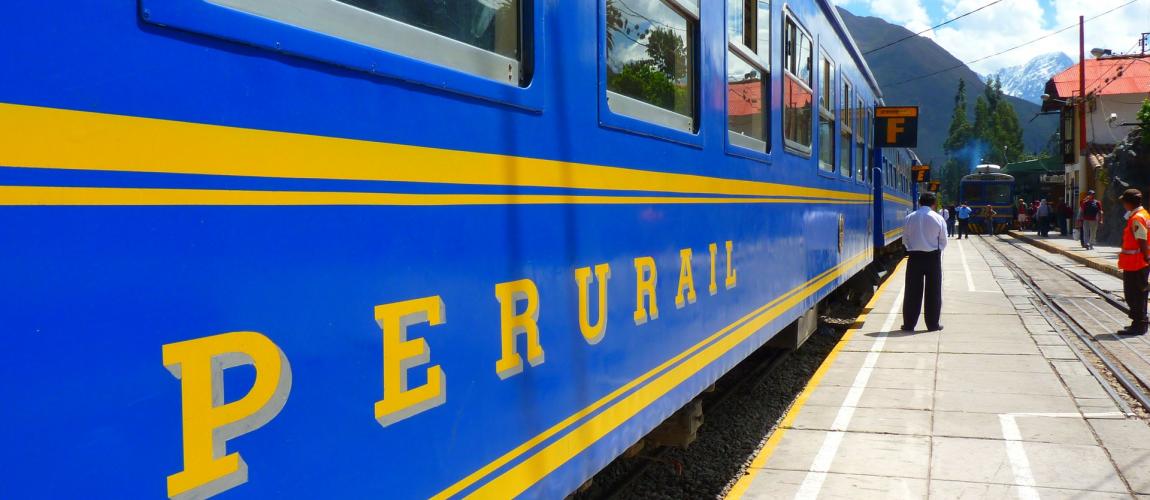Track Access Agreements - Latin America and the Caribbean

Photo Credit: Image by LoggaWiggler from Pixabay
The management and operation of railway lines in Latin American and the Caribbean is traditionally based on concession contracts. The concessionaire is typically granted the exclusive right to manage and operate a railway system but has the obligation to grant access rights against a fee. Mandated track access is usually limited to specific third-party operators or applies to certain routes or networks only.
For further information visit Track Access Laws and Regulations.
Some countries have gone further and have introduced open access on all or some railway lines. Examples are Peru (open access applies for passenger and freight services - concessionaires are also obliged to separate infrastructure management and operations) and Chile (introduced open access on some lines for freight services).
Examples of track access arrangements are set out below:
Bolivia - Chile
Peru